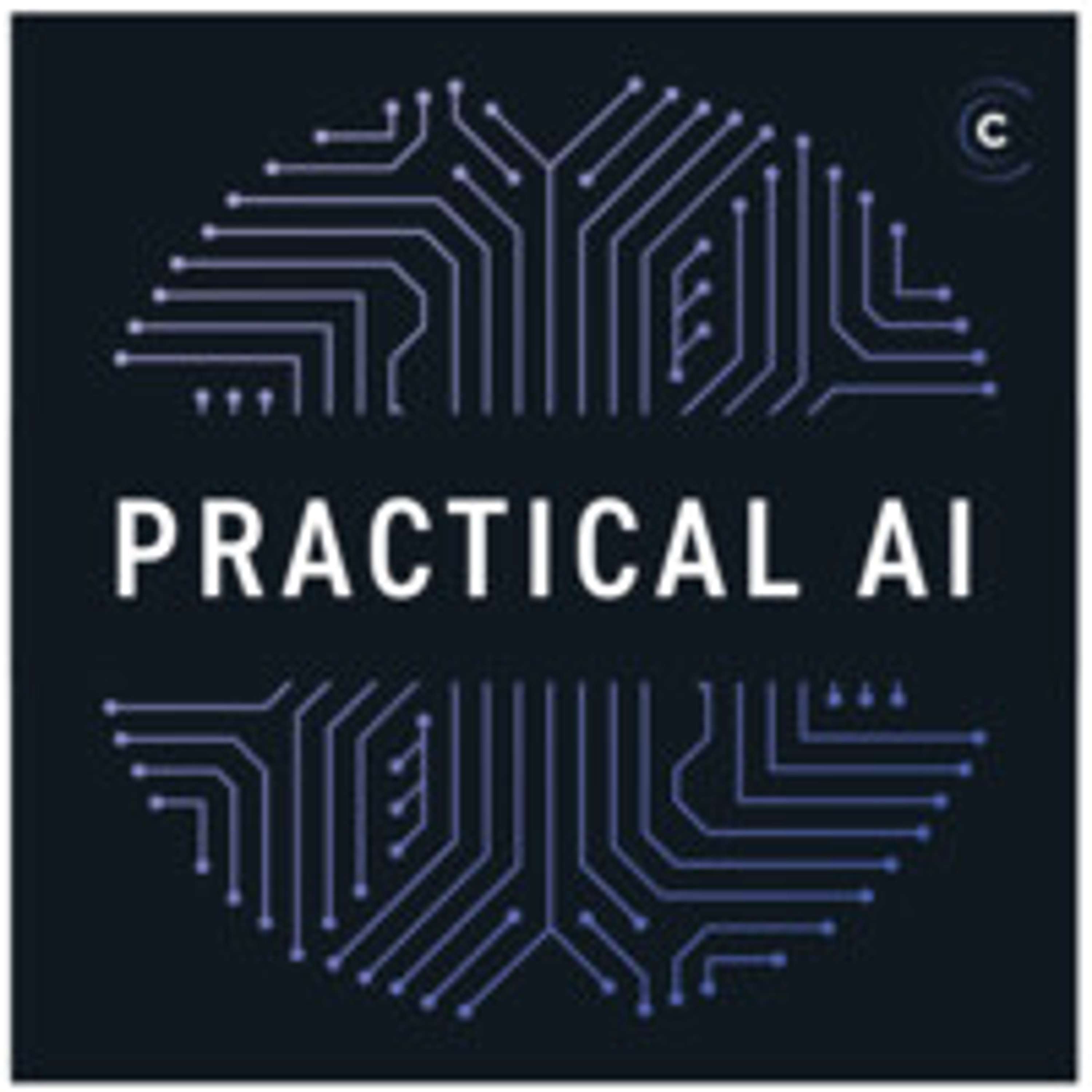
🤖 AI Summary
Overview
This episode dives into the Model Context Protocol (MCP), a new standard for enabling agentic AI systems to interact seamlessly with external tools, APIs, and data sources. Daniel and Chris explore its architecture, practical applications, and the rapidly growing ecosystem of MCP-compatible tools and frameworks.
Notable Quotes
- 2025 is set to be the year of agentic AI.
– Daniel Whitenack, on the growing trend of AI systems integrating multiple tools and workflows.
- MCP is essentially a new form of middleware, standardizing how AI interacts with tools, resources, and prompts.
– Chris Benson, on the significance of MCP in AI development.
- I added three lines of code to my FastAPI app, and it was immediately discoverable as an MCP server.
– Daniel Whitenack, on the ease of implementing MCP with existing frameworks.
🧠 What is MCP and Why It Matters
- MCP (Model Context Protocol) is a standard for connecting AI models to external tools, resources, and prompts in a structured way.
- Inspired by web protocols like HTTP, MCP aims to simplify and standardize interactions between AI systems and external services.
- Key components include:
- Hosts: End-user applications (e.g., code editors).
- Clients: Libraries within hosts that handle MCP interactions.
- Servers: External tools or resources exposing functionalities via MCP.
- MCP supports tools (e.g., APIs), resources (e.g., datasets), and prompts (e.g., pre-configured templates) to enhance AI capabilities.
🔧 Building MCP Servers and Tools
- Developers can easily convert existing APIs into MCP servers using frameworks like FastAPI-MCP.
- Example: Daniel converted a text-to-SQL API into an MCP server with minimal code changes, enabling seamless integration with AI agents.
- Pre-built MCP servers already exist for tools like GitHub, Unity, Blender, and Zapier, showcasing the protocol's versatility.
- Security considerations include authentication for MCP servers and careful management of exposed tools and data.
🌐 Interoperability Across Models
- While MCP was introduced by Anthropic, it is not limited to their models. OpenAI and others are adopting MCP, and open models like Llama can be adapted to use it.
- Open models may require additional prompt engineering to align with MCP, but future training datasets will likely include MCP examples for better compatibility.
- MCP's adoption mirrors the evolution of instruction-following and tool-calling in AI, signaling a shift toward standardized AI middleware.
🛠️ Ecosystem and Tooling
- Python developers can leverage FastAPI-MCP for quick MCP server creation, while tools like the MCP Inspector help validate and debug servers.
- Rust developers can explore the official Rust SDK for MCP and frameworks like Candle, a minimalist ML library for edge AI applications.
- The MCP ecosystem is rapidly expanding, with contributions from both open-source communities and commercial vendors.
AI-generated content may not be accurate or complete and should not be relied upon as a sole source of truth.
📋 Episode Description
In this episode, Daniel and Chris unpack the Model Context Protocol (MCP), a rising standard for enabling agentic AI interactions with external systems, APIs, and data sources. They explore how MCP supports interoperability, community contributions, and a rapidly developing ecosystem of AI integrations. The conversation also highlights some real-world tooling such as FastAPI-MCP.
Featuring:
Links:
- Protocol website
- Anthropic blog post
- Blog post - Model Context Protocol (MCP) an overview
- FastAPI-MCP
- How to Use FastAPI MCP Server: A Complete Guide
- Candle (Rust framework)
